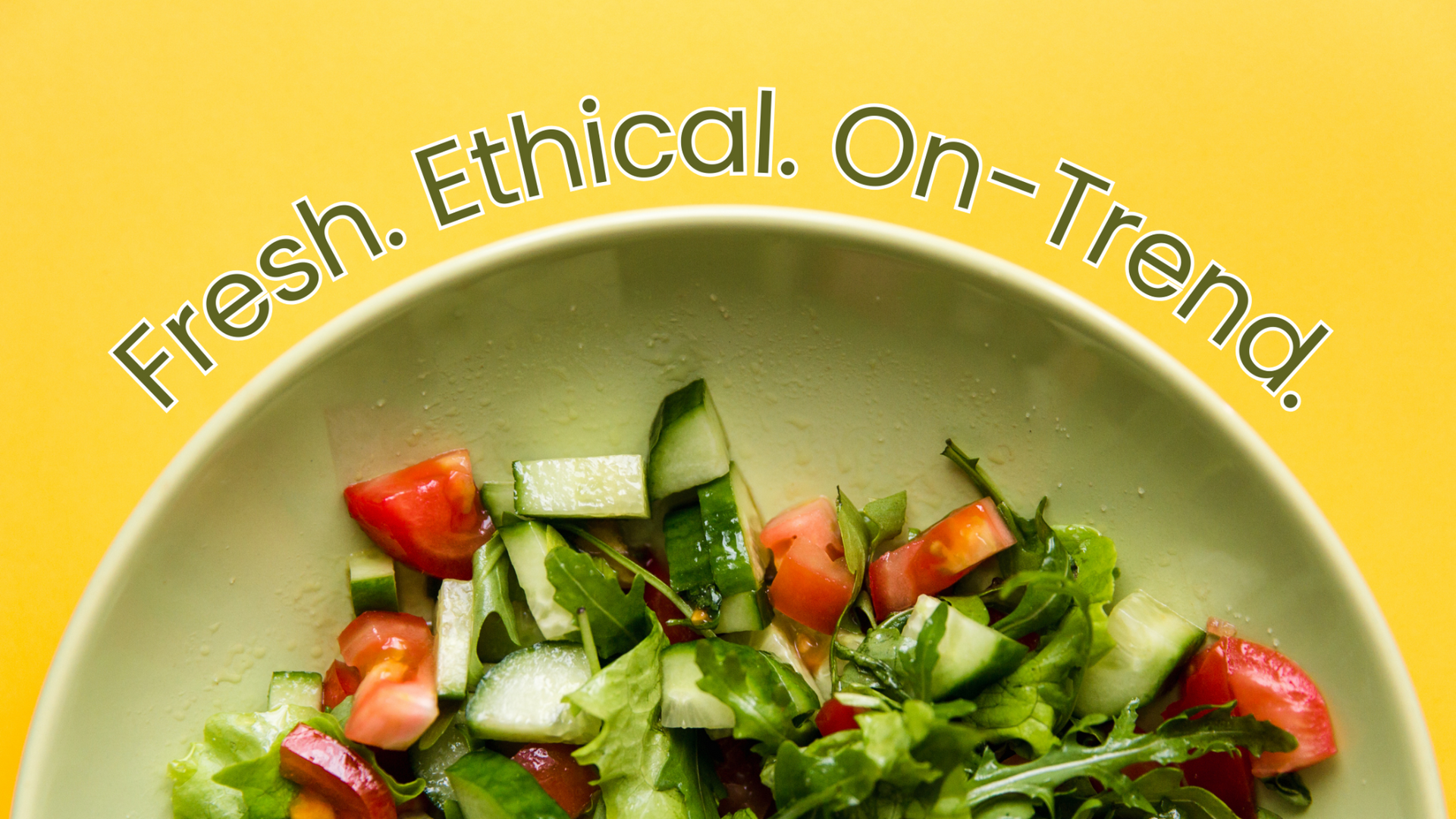April 28, 2025
When it comes to finding a trustworthy food distributor , there are some key factors that restaurants and retailers should keep in mind. In the fast-moving world of foodservice and retail , the strength of your business really hinges on the supply chain that supports it. Whether you’re operating a busy restaurant, running a catering service, or overseeing a grocery store, it’s clear that the food distributor you partner with is crucial to both your day-to-day operations and your long-term success. With customer expectations on the rise, fierce competition, and ongoing supply chain challenges, choosing the right food distributor has never been more vital. So, what should you look for in a reliable distributor in today’s food industry? Here are the essential qualities that restaurants and retailers need to consider when making this important partnership decision. 1. Consistency and Reliability When it comes to food distribution, consistency and reliability are key. A distributor needs to stick to their promises and deliver on time. If deliveries are late or incomplete, it can cause inventory shortages, lost sales, and unhappy customers. A trustworthy distributor has a solid logistical network and backup plans ready to go to keep things running smoothly. ❗What to keep an eye out for: Look for a solid history of on-time deliveries , clear communication, and well-organized inventory systems. Don’t hesitate to ask for client references and testimonials to get a better sense of their reliability. 2. Product Variety and Availability Your menu or store shelves are only as good as the products behind them. A reliable distributor should provide a diverse range of items—think fresh, frozen, dry, organic, and specialty foods—so you can cater to the ever-changing tastes and dietary preferences of your customers. What to look for: A well-rounded catalogue filled with top-notch products, featuring both the everyday essentials and those unique ingredients that stand out. It’s a plus if the distributor also has seasonal and local options to keep your offerings fresh and exciting! 3. Clear and Fair Pricing While price shouldn’t be the sole factor in your decision-making, having clear and competitive pricing is essential. Ambiguous fees, changing prices, or sneaky surcharges can eat away at your profits before you know it. Watch for these qualities: Well-organized pricing, adaptable ordering choices (like bulk or weekly orders), and openness about fees and delivery charges. The ideal distributor should assist you in managing costs, not leave you scratching your head in confusion… 4. Efficient and Flexible Delivery Options Every food business has its own unique schedule and flow. A dependable distributor should be able to meet your specific delivery requirements—whether you need early morning shipments, several drop-offs each week, or those urgent last-minute restocks. Standards worth demanding: Options for delivery frequency, the ability to grow alongside your needs, real-time tracking, and a support team that’s quick to respond to any issues that may arise. 5. Food Safety and Traceability Standards In today's world, where food safety regulations are stricter than ever and consumers are more vigilant, it's crucial to partner with a distributor who prioritizes traceability and proper food handling. This not only safeguards your brand but also builds trust with your customers. ❗Look for certifications like HACCP, ensure they have current food safety protocols in place, maintain cold chain integrity, and provide complete product traceability from the supplier all the way to the end-user. Don’t hesitate to inquire about their recall procedures and quality assurance practices. 6. Building Strong Supplier Partnerships and Upholding Sourcing Ethics A distributor's reputation hinges on the quality of their suppliers. It's essential to choose a company that values responsible sourcing and partners with reliable farms, producers, and manufacturers. Key indicators to evaluate: Collaborations with respected local and national suppliers, a dedication to sustainable and ethical sourcing practices, and a willingness to provide sourcing information when asked. 7. Customer Service and Communication In a fast-paced industry, things can sometimes take unexpected turns. When challenges pop up, it’s crucial to have a distributor who offers responsive, knowledgeable, and solution-focused support. Here are some key things to look for: dedicated account managers, approachable customer service teams, open lines of communication, and a proactive mindset when it comes to solving problems. A great distributor views your business as a partner rather than just another transaction. 8. Technology Integration and Ordering Tools Technology has the power to simplify operations and minimize mistakes. The top food distributors provide digital tools that enhance the ease and efficiency of ordering, tracking, and managing inventory. What makes them stand out: user-friendly online ordering platforms, automated order histories, real-time inventory updates, and seamless integration with your POS or inventory software. Finding the Right Distributor is Key The foodservice and retail world is always changing, and how well you adapt often depends on the strength of your supply chain partnerships. A great food distributor does more than just drop off products—they align with your vision, help you expand, and become a true extension of your business. At Ideal , we take pride in providing consistency, quality, and personalized service that meets your unique needs. With a diverse range of products, a responsive team, and a strong dedication to supporting local businesses, Ideal is here to help you create a supply chain you can rely on. Are you in search of a distributor that genuinely delivers? Let’s get in touch!👉 https://www.idealfoodservice.com/contact-us









